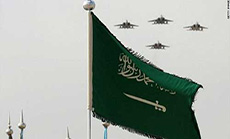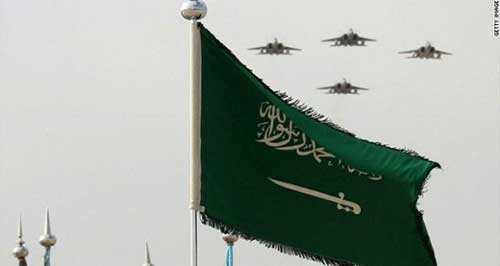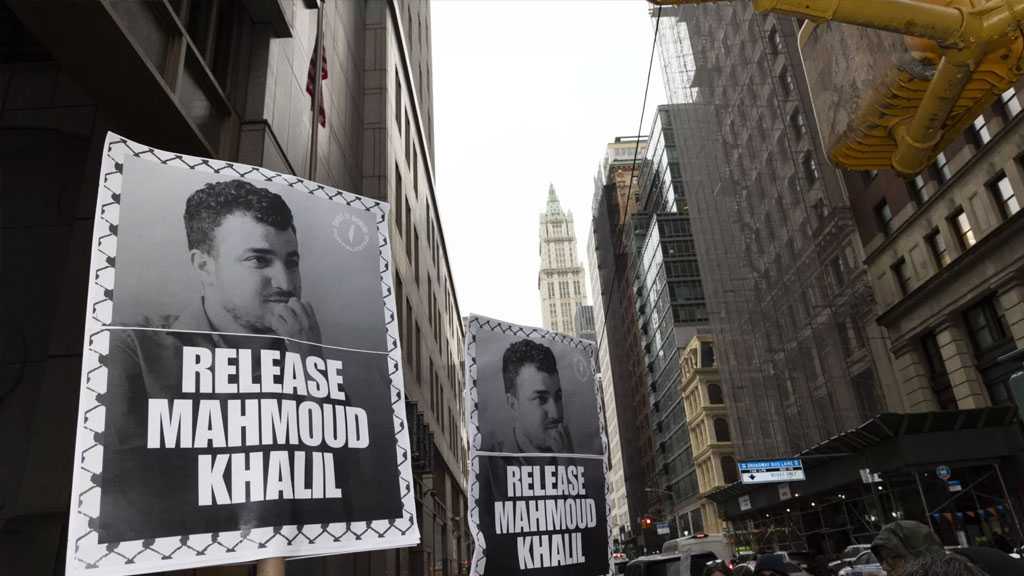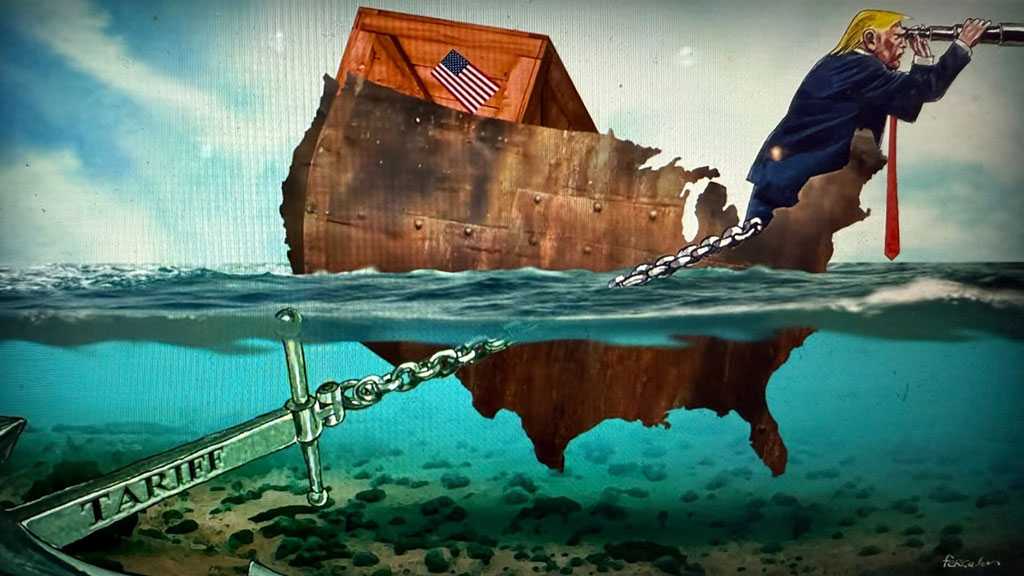
Europe Stands Up to Saudi Arabia

By Leonid Bershidsky
Americans often criticize Europe for its weakness and lack of principle on foreign policy, from its alleged softness on terrorism and Russian aggression, to its over-reliance on multilateral diplomacy. There are, however, some high-profile cases in which European governments stand up for their values even to their countries' economic detriment. They've recently done just that in the matter of arms sales to Saudi Arabia.

Saudi Arabia is the world's biggest arms importer. This year, research company IHS predicts, it will account for every seventh dollar spent globally on defense imports, increasing its purchases by 52 percent to $9.8 billion. If European firms give up their slice of this huge and growing market, it may be impossible to ever get it back, because the US is hungry for more Saudi orders. In 2014, according to IHS, the US filled $8.4 billion worth of orders from Saudi Arabia and the United Arab Emirates, compared with $6 billion in 2013.
No wonder the lobbying in Europe in favor of the arms deals is fierce - but the German and Swedish governments have proved resistant to it so far.
Germany supplied 209 million euros worth of military hardware to the Saudis last year, a quarter of the country's total defense exports to the Middle East. Volker Kauder, head of the parliamentary faction of Chancellor Angela Merkel's CDU party, has argued that organizations like "ISIL" "cannot be swayed by moral appeals," so military cooperation should go hand in hand with political partnership. Vice Chancellor Sigmar Gabriel has recently flown to Riyadh to calm the troubled relationship with the Saudis, earning the nickname "Sigmar of Arabia" from the German press, and some parliament deputies who went with him openly voiced their disapproval of the arms sales suspension.
Yet Merkel and Gabriel have stood by their January decision not to sell Leopard tanks to the Saudis, not least because it's politically unpopular. The recent case of blogger Raif Badawi, sentenced to 1,000 lashes, has made waves in Germany: According to a January poll for the Bild am Sonntag newspaper, 60 percent of Germans are against any further business relations with Saudi Arabia because of such abuses, and 78 percent oppose arms sales.
In Sweden, 31 business leaders, including the heads of Volvo, Electrolux, H&M, Ericsson and other top companies, argued in an open letter published by the daily Dagens Nyheter last week that canceling the Saudi deal would undermine Sweden's reputation as a reliable trading partner and damage the country's ability to use trade as a foreign policy tool.
"The basic Swedish position has been and should remain that trade is an important tool for promoting human rights and democracy," they wrote, pointing out that the kingdom was Sweden's biggest trading partner in the Middle East. "Careless handling of contractual agreements may risk jeopardizing this tradition."
Swedish politicians have done a lot of nail-biting over the contract. The cancellation has been under discussion for months, with various interest groups, from feminists to environmentalists, putting pressure on the government. Prime Minister Stefan Loefven has denied it, but the last straw apparently came on Monday, when Saudi Arabia blocked Swedish Foreign Minister Margot Wallstrom from speaking to the Arab League in Cairo. Wallstrom had been invited because Sweden was the first EU country to recognize the Palestinian state, but, because she had previously called Saudi Arabia a dictatorship, the kingdom's representatives apparently feared she might further embarrass their county before other Arab leaders.
It was only after Wollstrom's invitation was rescinded that Loefven confirmed the Saudi deal was finally off.
Strictly speaking, military cooperation with the Saudi regime should have been a non-starter for European Union countries since 2008, when they approved their Common Position on arms exports. The document makes "respect for human rights in the country of final destination" a precondition of defense cooperation. A country that uses sharia law, as Saudi Arabia does, can hardly be a paragon of respect for human rights in the Western sense of this expression. For a time, however, another paragraph in the Common Position has outweighed that consideration: "Behavior of the buyer country with regard to the international community, in particular its attitude to terrorism, the nature of its alliances and its respect for international law."
The Saudis have managed to convince the West that they are a reliable ally against terrorist organizations. US policy in the Middle East has been in large part based on its partnership with the Saudis. European voters, however, have long been irritated with what they perceive as the consequences of US activity in the volatile region, including the increased flow of refugees from Syria and Iraq. They find it hard to understand why their governments should support an oppressive and fundamentalist regime just because it is a US ally. Politicians have to take the popular mood into account, so the tide began to turn against arms exports to Saudi Arabia.
Sooner or later, the UK, whose defense industry counts Saudi Arabia as its biggest foreign customer, will also need to confront the fact that it's arming a blatantly undemocratic country in contradiction to EU commitments. It may decide in favor of holding on to its market share and its special relationship with the US, but that will inevitably weaken the UK's diplomatic position in matters involving human rights. Germany, as Europe's new leader, is at least trying to be more consistent in putting principles over cash.



